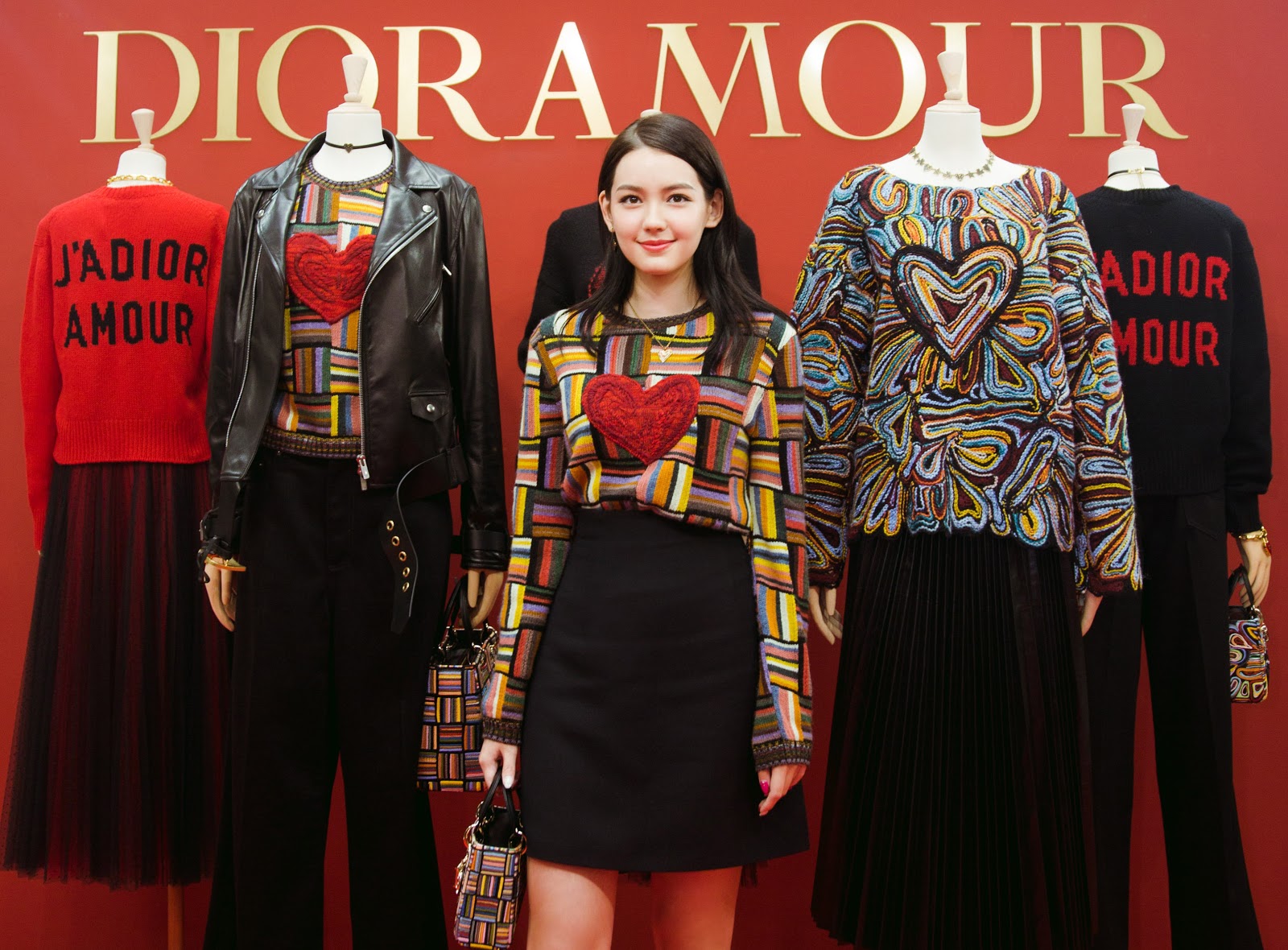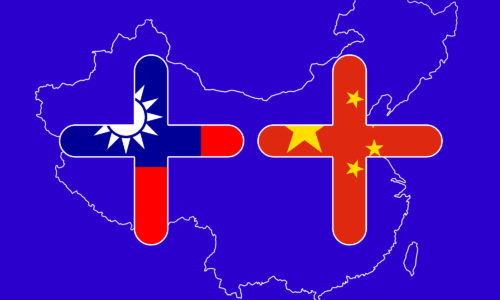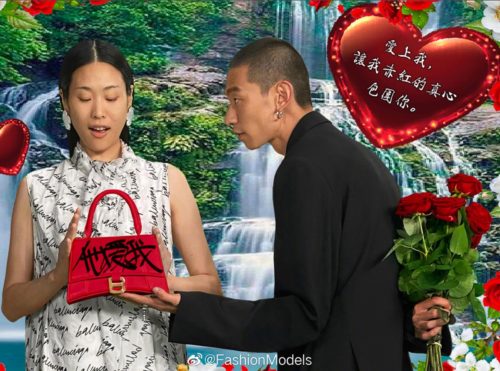
Today is Chinese Valentine's Day, which commemorates the bittersweet love of the Cowherd and Weaver Girl. What is the backstory and cultural significance of this day, and how has it become commercialized?
Romantic gestures, marriage proposals, and confessions of love come out in full force during China’s Qixi Festival, also known as the Double Seventh Festival. This holiday falls annually on the seventh day of the seventh month in the Chinese lunar calendar — today — on which couples celebrate their love.
The date is observed in a similar fashion to Valentine’s Day — it is called China’s Valentine’s Day, colloquially — but Qixi Festival originated earlier. Much earlier: more than 2,000 years ago, to be exact, during the Han Dynasty (202 BC – 220 AD). And it has its roots in ancient Chinese mythology.
The story in mythology
Qixi Festival commemorates the bittersweet love of the Cowherd (牛郎 Niú Láng) and Weaver Girl (织女 Zhī Nü).
According to Chinese myth, seven goddesses who lived in heaven secretly ventured to the mortal world one night to do some exploring. The seven sisters were bathing together in a lake when a nearby Cowherd spotted one of the goddesses, a skilled weaver who wove colorful clouds in heaven. It was love at first sight for the two, and she stayed behind in the mortal world, marrying the Cowherd and bearing two children.
But for a goddess to marry a mortal man was blasphemy, and when the Goddess of Heaven discovered the transgression, she was enraged and ordered Weaver Girl to return to Heaven and resume her weaving duties. Weaver Girl had no choice but to obey and leave, heartbroken.
The Cowherd was devastated and could not imagine a life without his beloved. One day, seeing his pain, the Cowherd’s ox began to speak, telling him that if he killed him and wore his hide, he could fly up to heaven and see Weaver Girl again. The ox’s sacrifice reunited the two, but the Goddess of Heaven would not stand for it. She furiously created a river of stars in the sky, separating the lovers for eternity. A flock of magpies, moved by the purity of the couple’s devotion, joined together to form a bridge between the two.
Even the Goddess of Heaven was touched, and she agreed to allow the Cowherd and their children to remain in heaven, to be reunited with Weaver Girl only once a year, on the seventh day of the seventh lunar month.
While many variations of this folk tale are told today, this is a commonly relayed version of the story. The tale traces its roots back to astrology — specifically, the stars Altair and Vega, situated 16 light years apart at opposite ends of the Milky Way. During the Qixi Festival, the celestial bodies appear to convene in the sky. They are believed to be the Cowherd and Weaver Girl, an age-old love story written in the stars. In the hearts of generations of Chinese people, the romance has come to represent the power of true love in overcoming great odds. In Chinese culture, a pair of magpies has also come to symbolize faithfulness and marital bliss.
The story in modern society and culture

Throughout history, many literary works, songs, and operas have told or alluded to the story of the Cowherd and the Weaver Girl. While the earliest recorded reference to the love story appeared in The Classic of Poetry more than 2,500 years ago, the pair’s romance was also referenced in Dù Fǔ’s 杜甫 Tang Dynasty-era poem “Tian He” (or “The Heavenly River”) during the 8th century, and in Qín Guān’s 秦观 Song Dynasty-era poem “Que Qiao Xian” (or “Immortals at the Magpie Bridge”) during the 11th century.
More recently, the relay satellite launched by the China National Space Administration in 2018 was named Queqiao, or “Magpie Bridge,” as it serves to transmit communications between Earth and the far side of the moon. A Google Doodle also commemorates the romantic holiday every year.
The tale of the Cowherd and the Weaver Girl has also inspired many folk customs. Traditionally, women make sacrificial offerings to Weaver Girl, praying to her for dexterity and threading a needle by moonlight to honor her. Children hang wildflowers on oxen’s horns to honor the ox who sacrificed himself to reunite the two lovers. Men and women release floating lanterns onto rivers to pay homage to the pair. In some cities, girls even listen for the whispers of Cowherd and Weaver Girl, believing those who can hear them will soon find love.
Many folk traditions associated with Qixi Festival have waned with time, with experts partly attributing this to the fact that the date is not recognized as a national holiday, despite being named a municipal-level intangible cultural heritage by China’s State Council. Unlike holidays such as the Dragon Boat Festival and the Mid-Autumn Festival — which are symbolized and commemorated with sticky rice dumplings and mooncakes, respectively — Qixi Festival has not been strongly associated with any particular food or item.
Still, Qixi Festival is always a popular day for couples to tie the knot, with tens of thousands of couples choosing to hold their wedding ceremonies or get their marriage certificates on this date.
The story in business and commerce

Like many holidays around the world, Qixi Festival has seen increasing commercialization over the years.
Ahead of the holiday, retailers promote sales of goods such as flowers and chocolates. Many luxury brands have also capitalized on the festival to release limited-edition collections in the Chinese market. In 2019, Italian luxury fashion house Prada unveiled a WeChat Mini Program inviting Chinese users to explore a virtual garden, open love messages, and order items from the Qixi Festival capsule collection. Also in 2019, French luxury goods company Dior launched the Qixi Dior Amour collection with handbags, accessories, and shoes, styling celebrities including actress Angelababy in head-to-toe Dior to promote the occasion. However, some brands have drawn the ire of Chinese netizens for releasing what they deem to be tacky collections targeting the country’s market.
Critics of the holiday’s commercialization say that the festival has become more and more removed from its folk origins, and that materialism is undermining the date’s cultural significance.
Folklorist Wang Hengzhan told China Daily, “It should be about the Chinese tradition of belief in love and perseverance for true love.”
In 2010, Chinese media outlets made a push to uphold the Qixi Festival’s folkloric traditions. Hubei Satellite TV presented the Qixi Festival Love Song Gala to broadcast positive messages about marital, familial, and platonic love. The same year, the Hunan Broadcasting System aired a series of shows called “Our Festivals,” exploring several traditional festivals that China is bidding UNESCO to recognize as “Intangible Cultural Heritage.”



